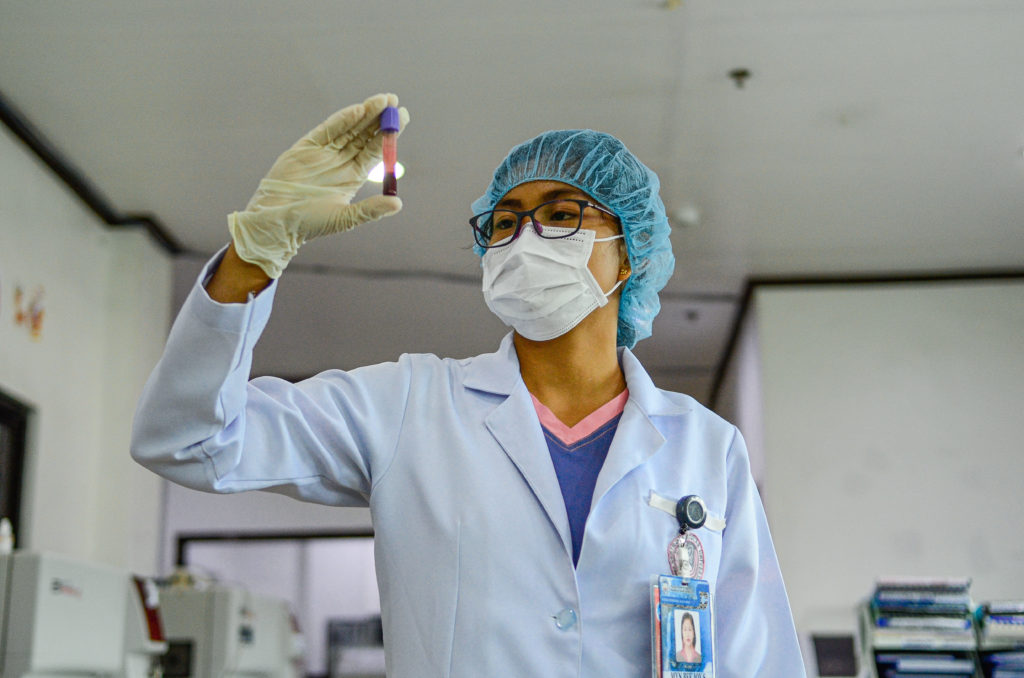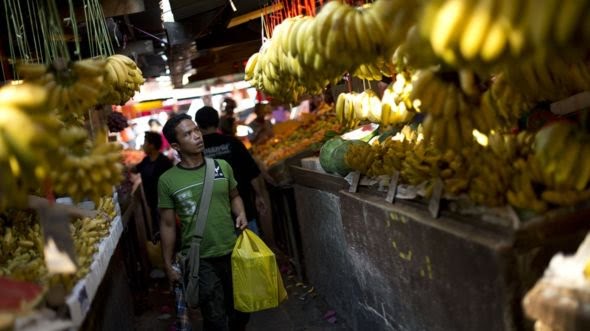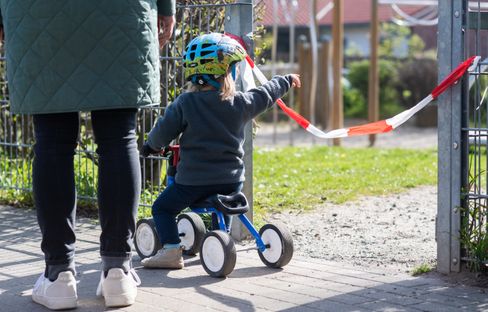Rethinking gender during Covid-19 times
At Sparknews, we believe that they can also be great opportunities to adapt and rethink our relations with the world. As a team who wants to ignite new narratives that can accelerate the ecological and social transition, we can’t avoid asking ourselves what will be the shape of the global collective story emerging from the current worldwide sanitary emergency. In this week #SparkMinute, let’s focus on gender with local examples of solidarity, of businesses rethinking their models, and of articles and opinions that can nourish our imagination.

It’s a Man’s Man’s Man’s World – James Brown

When organizations walk the extra mile
A unique effect of lockdown? Men being forced to shop for groceries. In Malaysia, the government’s decision to allow only “the head of the family” to leave the house to shop, as part of measures to suppress the coronavirus outbreak, has had unintended consequences. According to the BBC, one state government and a supermarket even had to share infographics labelling groceries and parts of a chicken.
Like most countries, Turkey has taken lockdown measures to slow down the spread of the Covid-19 pandemic. During this period, digital skills have become essential to reach services and information, communicate with others, learn and work. Together with the Habitat Association, UN Women Turkey has provided trainings to improve the digital literacy of Turkish and Syrian women. Read more on the UN Women blog.
While it’s still early to assess the impact of the pandemic on education, some good news have come from the lockdown. According to The Guardian, the government of Sierra Leone has reversed a ban that had been in place since 2010, to allow pregnant girls and teenage mothers to go to school. The announcement, last March, by Sierra Leonean President Julius Maada Bio and his Minister of Education, David Moinina Sengeh, came after a strong campaign led by human rights groups that had gone as far as the Court of Justice of the Economic Community of West African States (ECOWAS).
Levels of intimate partner violence spike when households are placed under stress and families are forced to live in confined spaces. With public places like libraries and cafes that usually offer free Wi-Fi closed, women at risk had limited options to seek help during the lockdown. The government of Yukon, in Canada, came up with an original solution — distributing cell phones to vulnerable women. The city of Philadelphia, in the US, has also adapted its services to the new circumstances, launching special hotlines and FaceTime calls with judges for hearings. Read more on CBS and The Philadelphia Inquirer.

Local initiatives against global disorder
Some have also made the most out of the lockdown, by offering online training. In the US, an Indiana-based architect started a virtual camp for elementary school-aged girls focused on the lesser-known field of landscape architecture. It started with a call out on Facebook to see if anyone would be interested in a weekly “Field Day Camp,” a virtual introduction to landscape architecture for girls in the 4th, 5th and 6th grades. The cost of the camp is a suggested donation to La Casa de Amistad, a community center in South Bend. Read more on NextCity.

Let’s imagine further
During the lockdown, our time, attention and mental energy have been focused on historically poorly valued tasks, such as cooking, feeding, caring, washing, cleaning, listening and playing. But improving the way we perceive these tasks is not only a matter of improving their financial value, but also of sharing them fairly. According to Canadian philosopher Jennifer Nedelsky, we should all devote half of our time to unpaid care activities, whether in the benefit of relatives or others in need. To show how it could be done, the fund FRIDA run by young feminists to support other emerging feminist organizations and movements— came up with this extremely colorful Happiness Manifesto. In it, the community lays the ground for a healthy work environment and commits to redefining self and collective care. You can read it here.
What are the alternatives to a patriarchal system of oppression? In this interview with the HuffPost, German anthropologist Heide Goettner-Abendroth analyses the matriarchal societies to which she has devoted an entire book. She mentions 26 populations that still possess the three attributes of a matriarchal organisation — matrilineal (filiation through the mother), matrilocal (homes are based upon women’s households) and avuncular (when children are born, it is not the biological fathers who take care of them but the mothers’ brothers). You can also discover Anne Helene Gjelstad’s photographic work in the remote Estonian islands of Kihnu and Manija, in the Baltic Sea. Read more and admire it here.
At Sparknews, are convinced that the coronavirus global outbreak will lead us to draw valuable lessons about our globalized economic system. Whether on matters like education, solidarity, biodiversity or our way of work, it will be up to us to return to the status quo once the health crisis is over, or to reshape everything. Discover our #SparkMinute on education, energy, work, our diet, biodiversity, democracy, and bioregionalism.




